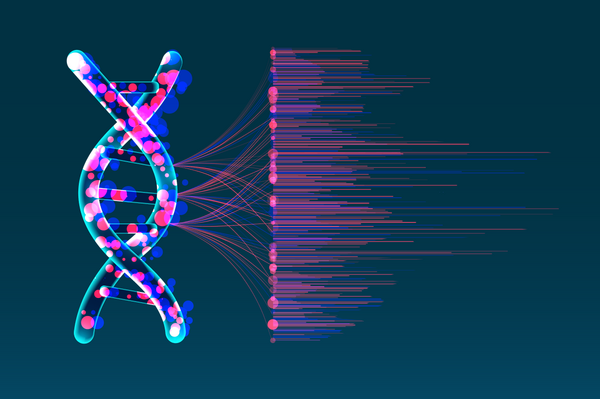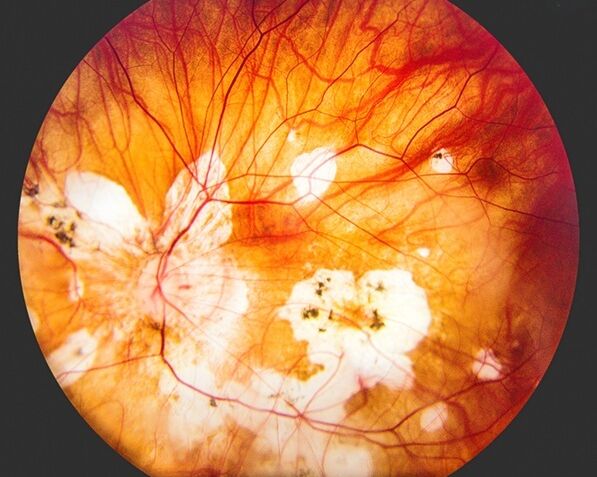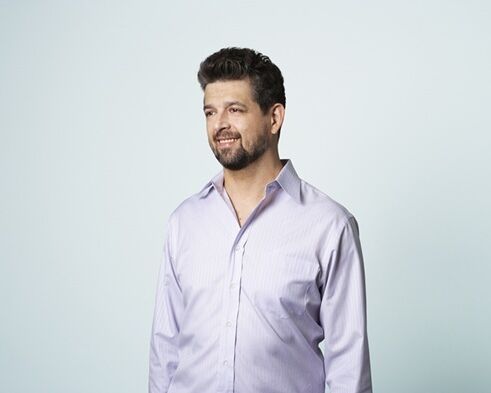100,000 whole genomes sequenced through the NHS GMS

One hundred thousand whole genomes have now been sequenced through the NHS Genomic Medicine Service (NHS GMS) – supported by Genomics England and Illumina - which has led to new diagnoses, more specific treatment based on genetics, and improved outcomes for thousands around the country.
The NHS is the first national health system in the world to offer whole genome sequencing as part of routine care via the NHS GMS. The foundations for this were laid by the 100,000 Genomes Project, led by Genomics England in partnership with the NHS. The NHS GMS has now doubled the number of genomes sequenced for NHS patients since the 100,000 Genomes Project finished recruiting.
New diagnoses
One family who has benefited is Mel and 2 of her 3 children. When Mel’s son was born, she noticed he had a speech delay, reduced balance and tremors. He was diagnosed with dyspraxia and autism, but the tremors became much more noticeable. It wasn’t until Mel’s youngest daughter also started to show symptoms that the family knew it was time to see a geneticist. Mel said: “The geneticist was puzzled, as they did lots of different tests and all the most common explanations had been ruled out. We were starting to think that the genetic tests wouldn’t show anything at all”.
Two years later Mel and her children returned to their geneticist, who was concerned to see that the children’s symptoms were worsening. She encouraged them to get whole genome sequencing through the NHS GMS.
Fourteen months later, the family finally had answers. The symptoms were due to an ultra-rare neurodegenerative condition, caused by a variant in the DHDDS gene.
Mel said: “At the time I wanted the test to come back with nothing, because I knew that lots of the conditions they were looking for were debilitating and often life limiting. But now that we have a diagnosis, we can put all our energy into trying to find a treatment and give our children a better life.”
Read more about the impact of this diagnosis for Mel and her family.
An important milestone
As well as potentially receiving more specific treatments and accurate diagnoses, eligible patients who opt for whole genome sequencing can also help people with a variety of other conditions by agreeing to donate their de-identified genomic and health data to a national database, known as the National Genomic Research Library (NGRL). Approved researchers can access data in the NGRL, supporting the development of new treatments, as well as genetic discoveries that can provide new diagnoses.
In 2018 NHS England launched the NHS GMS to support standardised, high quality and equitable access to genomics across the NHS in England. It carries out over 680,000 genomic tests in England every year for common and rare and inherited conditions, pharmacogenomics and cancer. Most of this testing is offered through more targeted genomic tests, with approximately 10 per cent of testing being undertaken through whole genome sequencing, in complex contexts where that broader approach is most helpful.
Genomics England and Illumina support whole genome sequencing in the NHS. Genomics England is responsible for analysing patients’ sequenced data through technologies and interpretation tools, before returning data to the NHS, where it is interpreted and reported for patients and their clinical teams.
“Implementing whole genome sequencing in routine healthcare has given so many people around the country diagnoses which can explain symptoms they may have had for many years. In some cases, this also leads to access to more specific treatment based on their genetics that give them the best chance of a good outcome.
“Genomics England is proud to support the NHS GMS in reaching this milestone of 100,000 genomes sequenced. It’s vital we continue doing all we can for the many patients with rare conditions and cancers who could benefit from the considerable potential that genomics holds.”
Dr Ellen Thomas
Chief Medical Officer at Genomics England
“We’re extremely proud of our collaboration with Genomics England and the NHS starting with the ground-breaking 100,000 Genomes Project, and now reaching a further 100,000 genomes as part of the Genomic Medicine Service.
"This growing database of genomic information adds real value to NHS routine care. Whole genome sequencing is helping to end the long diagnostic journeys experienced by so many families and is enabling clinicians to make more personalised decisions when it comes to the care and treatment of patients."
Mark Robinson
VP and General Manager, UK & Ireland, and Northern Europe, Illumina


